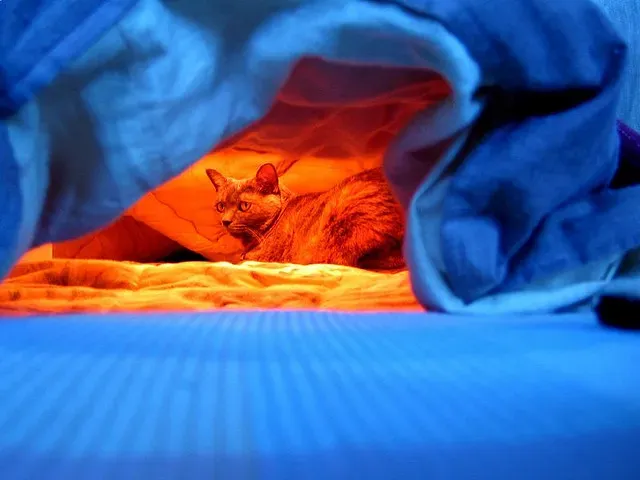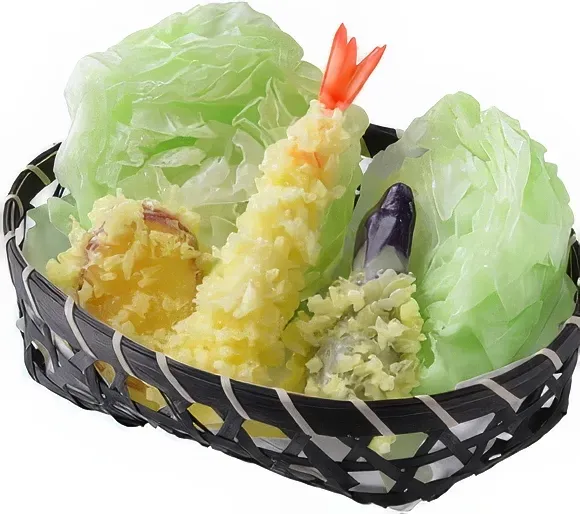You could feel the vibration of money dripping down Nagoya's streets like a golden river emptying into the gutters. The city trembled on the edge of an ever-expanding bubble, tingling with fever and flinching on the edge of a burst. Your heart pounded with that primal urge: "Take it all right now because no one is there to stop you."
My name is David Flinch. Fresh off a train from two years of British academia and a soul-searching stint in India, I stumbled into Nagoya with a hangover and an empty wallet. As a refugee from Reagan's American morning show, the last thing I wanted was to crawl back to my father's suffocating accounting firm. Japan in the 80s was a gold rush for anyone who could string together an English sentence–and I had a whole notebook of them, most grammatically correct.
My soon-to-be casual sex companion, Viv, mentioned a room available in what she euphemistically called a "Gaijin House." Upon my first arrival, the place loomed before me like a listing ship, its heavy ceramic roof tiles threatening to avalanche onto the narrow street below. Built during the war as an abortion clinic, it now served as a way-station for wandering foreigners looking to stuff their pockets with yen before disappearing into the ether from which they had come.
"No sex friends in the house!" The tiny proprietress jabbed her finger at me, her crooked spine making her look like a question mark wrapped in a floral housecoat. They called her Obi – partly short for Obasan, partly because she reminded everyone of a miniature, hunchbacked Yoda in a housedress.
It didn't make sense.
I nodded solemnly while mentally cataloging three different ways to sneak people up to the second floor. The house's current residents were an anthropological wonder. There was Ian of "The Church of Ian," a sanctimonious Australian "missionary" who ran a tax-free "church" out of his upstairs room. Also in residence was Canadian Steve (whom I dubbed Stebu), my soon-to-be-best friend who taught English by delivering hour-long monologues about beer to bewildered students; Viv - a Canadian and my aforementioned romantic protagonist; John, another Australian whose hatred for Ian's hypocrisy bordered on performance art; and The Ghost, a Japanese student who had elevated avoiding foreigners into an Olympic-level sport.
The house held more secrets than a confessional booth at a mobster's wedding. Medical implements from its clinic days still turned up in odd corners – forceps in the kitchen drawer, rubber tubing coiled behind the toilet – cheerful reminders of its past life where Obi had worked as a nurse alongside her now-deceased husband. His only remaining legacy was a voluminous set of photo albums in the living room, a masterclass in creeper photography featuring countless "accidental" shots of young women bending over at family gatherings. Each photo featured his wife and daughters as unwitting props in his carefully curated "candid" moments collection.
Twenty thousand yen a month bought me a space where the floor rolled like a drunken sailor, and the walls whispered with the voices of past residents. The ceiling was low enough to touch, and in winter, my breath came out in clouds despite the electric heater that threatened to burn the place down every night. Once, I nearly succeeded in that endeavor, passing out drunk with the heater too close to the bed. Stebu had to slap me awake and left me shivering in the frozen room – a story he has repeated endlessly.
Only after moving upstairs did I glimpse the true genius of Ian's criminal mind. One of his "parishioners" revealed that his room was accessible via a simple sloping roof, easily reached from a small garden alley wall that conveniently blocked the view from inside the house.
The stairs themselves were an added security system – they were simply too much for Granny, who remained sharp as a tack but too feeble to climb them fast enough to catch anyone breaking Rule Number One.
To be a gaijin – not some pompous gaikokujin – was to have a license to steal. Any white person – and most were white those days – with half an education and a pulse could bank fifty grand in a year and vanish into the neon sunset. Teaching English wasn't just a joke. To me, it was a stand-up comedy routine.
The preacher only fraternized with us commoners if it was to pontificate, mooch something, or conduct an impromptu fundraising campaign. Yet everyone knew he was loaded, thanks to his spartan lifestyle of never paying for anything. His front pockets were perpetually empty, turned inside out at a bill-paying time like a vaudeville routine–while his bank account swelled with investment properties back in Australia. A holy man of property, spreading the gospel of real estate appreciation.
Living in a house full of gaijin is one thing. Living in a constant state of sexual tension presided over by a loquaciously fake priest and a woman obsessed with policing your bedroom activities is quite another. There was a certain incestuous warmth about the place – in 1980s Nagoya, where gaijin were as rare as straight answers from Ian, you took your English conversation partners where you could find them.
My crowning achievement that year was super-gluing a one-yen coin to the floor of the back entrance. Obi spotted it and embarked on a weeks-long stealth campaign to retrieve it when she thought no one was watching. Eventually, she resorted to full demolition mode, using a hammer and screwdriver, which left a crater in the concrete floor. When she finally freed that aluminum coin, her face displayed a distinct look of triumph. Holding it up with great pride, she proved to all of us that the structural damage was totally worth it.
Dinner was a nightly family-style adventure in culinary roulette, gathering around whatever bizarre concoctions we managed to create from mysterious supermarket ingredients. We warmed our hands and slices of mysteriously white bread around a tiny toaster oven, swapping war stories about our days farming "Engrish" students and riding trains to places that made Nagoya look cosmopolitan.
That fateful Sunday night found us huddled in the kitchen, warming ourselves on Granny's Japanese curry—her specialty and our edible security blanket. An unusually heavy snowfall had muffled the city, leaving the house so quiet you could hear her Minnie Mouse clock ticking away our youth. Ian was upstairs conducting one of his regular Sunday evening services, leaving us to amuse ourselves with hot sake and chuhai.
The kitchen sat directly under Ian's room, and despite Granny's admonishments about noise, we got properly rowdy. At one point, I stood on a chair, delivering my own version of Ian's sermon "The Beast" and our imminent enslavement via bar codes by the coming world government. As usual, I concluded with a passionate plea for donations toward the holy cause of beer machine liberation.
That's when I noticed the ceiling moving.
At first, I thought it was the sake, but after I sat down and looked again, the movement was unmistakable. I scanned the faces around the table, but no one else seemed to notice. Looking up again, I saw the motion had become decidedly more... enthusiastic.
The spirit was moving above us and moving with considerable vigor.
Trying to avoid tipping off Granny, I silently pointed ceiling-ward, and soon, the whole room of drunken gaijin was transfixed by the spectacle. The movement built into waves of furious trembling as if the ceiling might surrender to gravity at any moment. Then came the moaning – faint at first but rising rapidly inside our frigid sanctuary.
The preacher had a screamer, and she was determined to make herself heard.
The volume crescendoed until everyone, including Obi, could hear nature's hymnal in full glory. The howls of pleasure accelerated into operatic shrieking, a tumultuous aria whose lyrics might have been unclear but whose meaning was crystal.
I didn't speak Japanese then, but someone helpfully translated: the woman above was "requesting in the most strident terms possible that Ian vigorously culminate his service." The preacher's plaintive calls for silent prayer were clearly no match for these shouts of fervent supplication.
Rule Number One lay shattered above our heads, along with any pretense of Ian's piety. The house itself seemed to laugh, its walls rattling with decades of secrets and lies. The neighbor's dog joined the chorus, howling into the freezing darkness with a sound somewhere between laughter and despair. Above us, the ceiling continued its sacred dance, and somewhere in the walls, the Ghost moved silently through his parallel universe.
The parishioner's prayers had been answered with evangelical enthusiasm, and somewhere in the great ledger of sins and salvation, the Church of Ian added another soul to its unorthodox congregation.
Rule Number One had been broken.
We sat in that warm kitchen, laughing into our sake cups, temporary gods in a bubble that seemed like it would float forever. But even then, we felt that distant tremor—that flinch in the edges of our golden world. Though none of us said it, we all knew that when it finally burst, it would wash away this strange family we'd built, leaving nothing but fantastic tales of our misspent youth.
To be continued...

Doug Breté
Stirred, not shaken - by anyone or anything that drinks vodka martinis. Author of the forthcoming "Out of Breath - Kim Jung Un and the Baby of Svendalore."










Leave a Comment